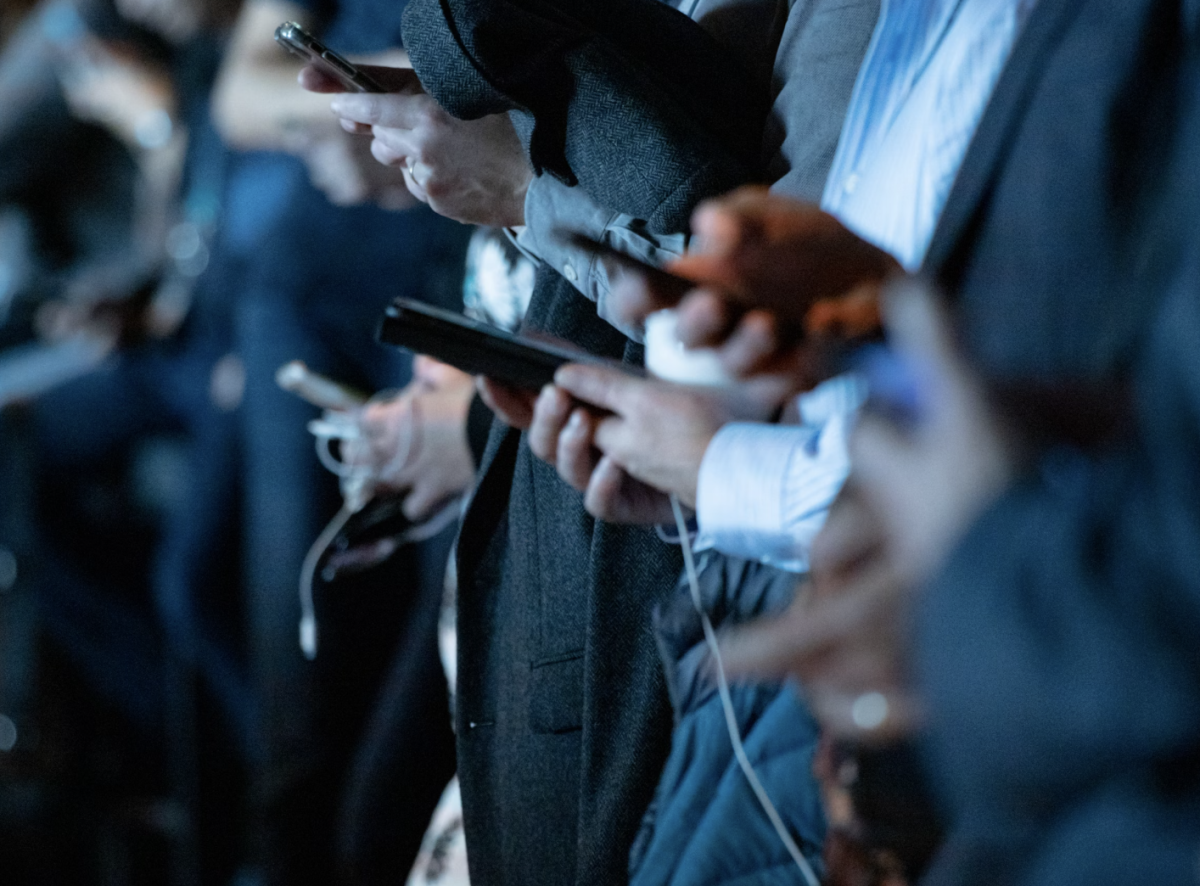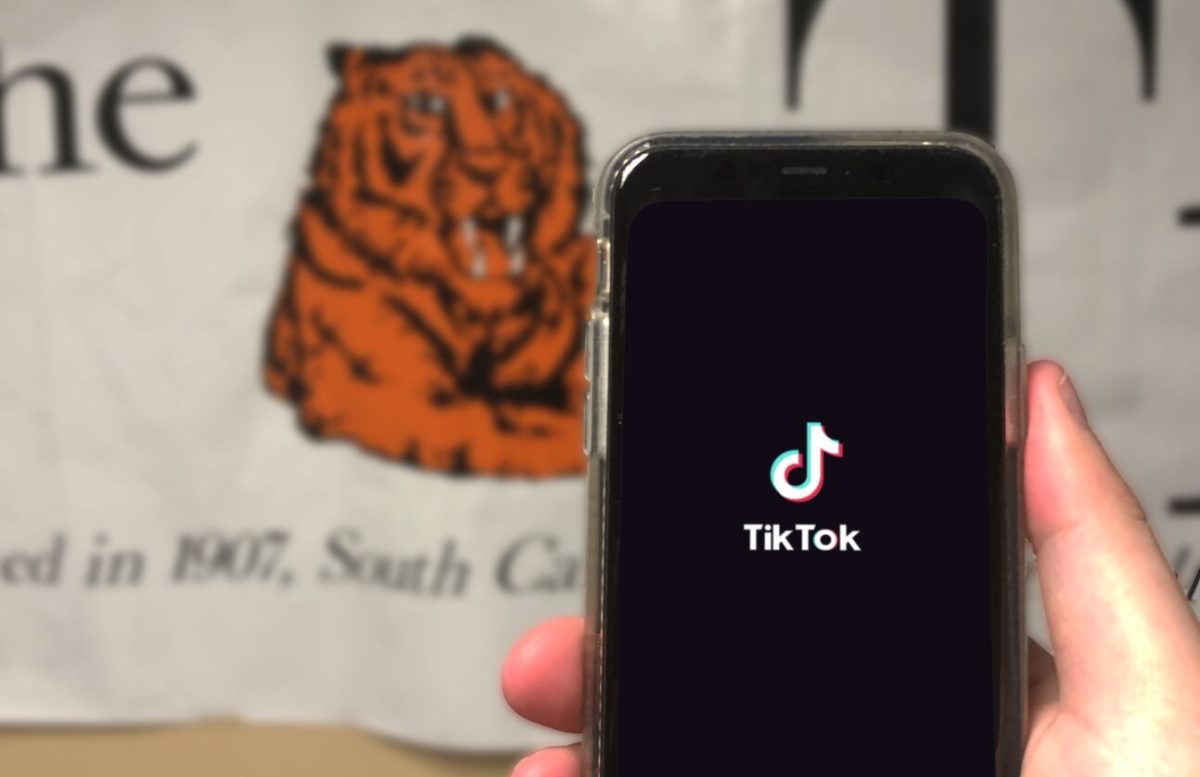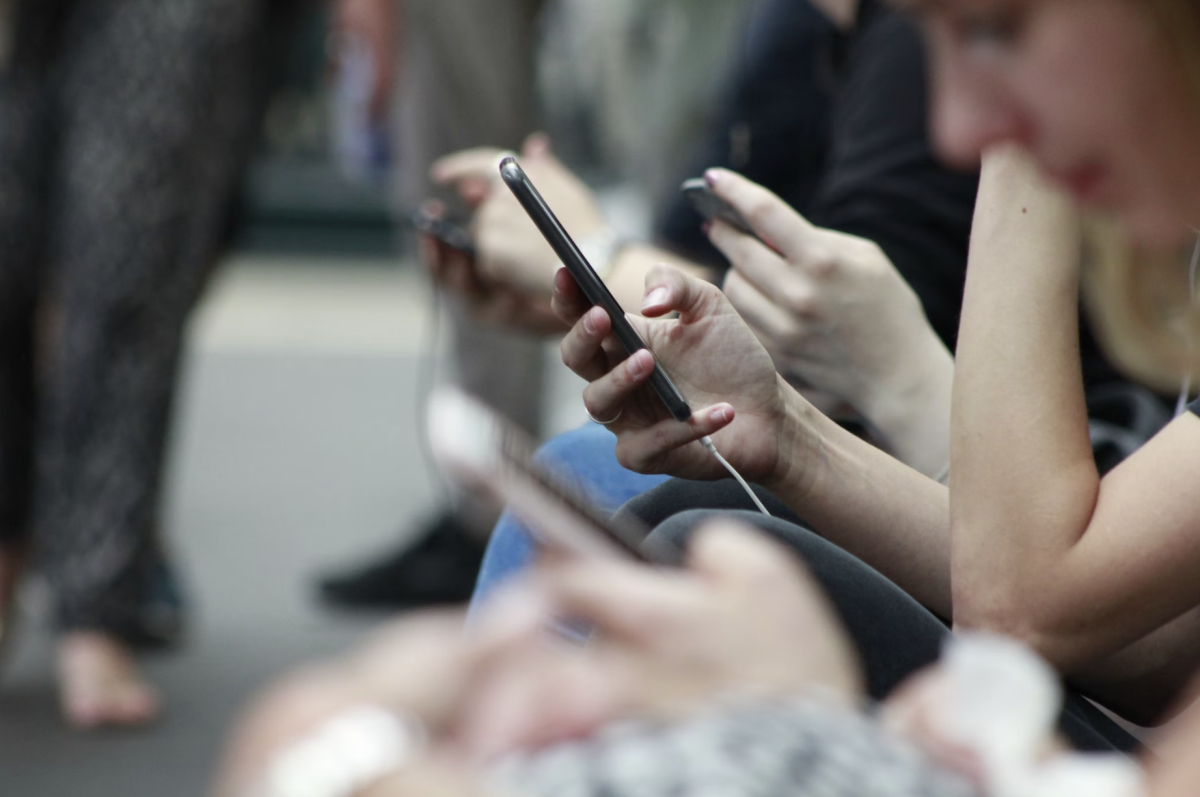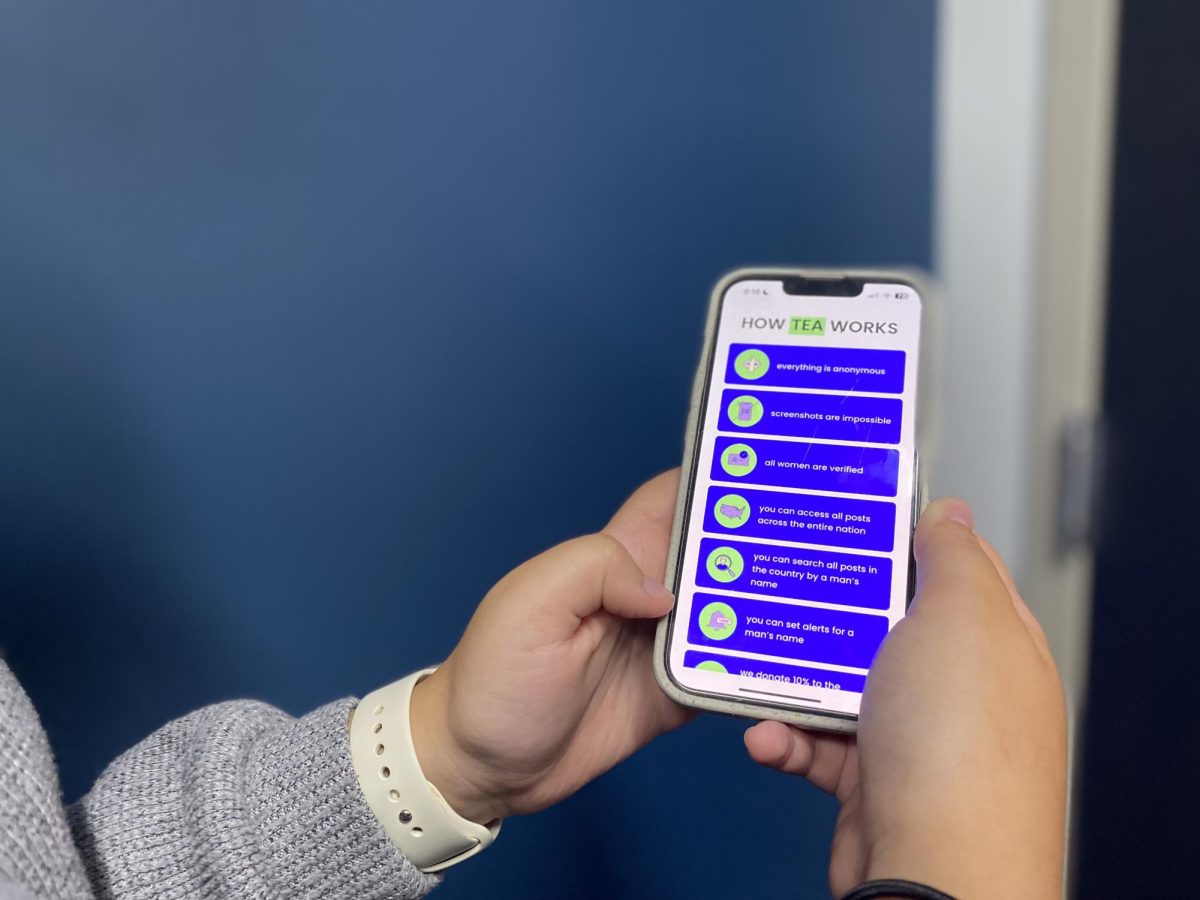Recently, I spoke with my younger sister about how difficult it is to make friends in our generation. This led to a minor disagreement with our parents, who argued that simply walking up to someone and starting a conversation is a surefire way to make friends. My sister and I, however, disagreed, insisting that it’s much more complicated than that.
Our generation spends so much time online that socialization has become increasingly difficult. We’re so accustomed to being faceless behind screens that we panic and struggle when it’s time to talk to someone in person. Part of this stems from our upbringing. When the world shut down, we were forced behind screens, and now, several years later, we’re finding it difficult to emerge from them.
One of the most significant consequences of internet cruelty is the erosion of empathy. In face-to-face interactions, body language, tone and facial expressions guide our responses and remind us of the humanity in others. Online interactions, however, strip away these cues, allowing people to say things they might never say in person.
This “meanness” extends beyond in-person conversation. I challenge you to browse Instagram or TikTok and find a comment section that isn’t full of cruelty. If something is labeled as “cringe” on TikTok, the comments often include things like, “This deserves to be on Instagram reels” or other demeaning statements that essentially convey, “I don’t believe you or your content belong on this platform.”
One of the most alarming aspects of this cruelty epidemic is how easily it has been normalized. Social media has allowed cruelty to grow without immediate consequences. Anonymity and distance make it easier to dehumanize others, leading to cyberbullying and exchanges that would rarely happen face-to-face. As cruelty becomes ingrained in digital culture, people are becoming desensitized to the emotional damage they inflict on others.
The fact of the matter is that being mean is easy. This carries over into face-to-face conversations, where “teasing culture” has become extremely prevalent. Many of the “jokes” we make, whether spoken or typed, are thinly veiled jabs at people we care about. We relentlessly tease our friends and hope they take it as a joke, and if they get offended, we simply chalk it up to “having different senses of humor.”
In reality, it’s just plain cruelty, whether we mean it as a joke or not.
Lauren Douda is a freshman secondary education and English double major from Lexington, South Carolina. Lauren can be reached at [email protected]
















